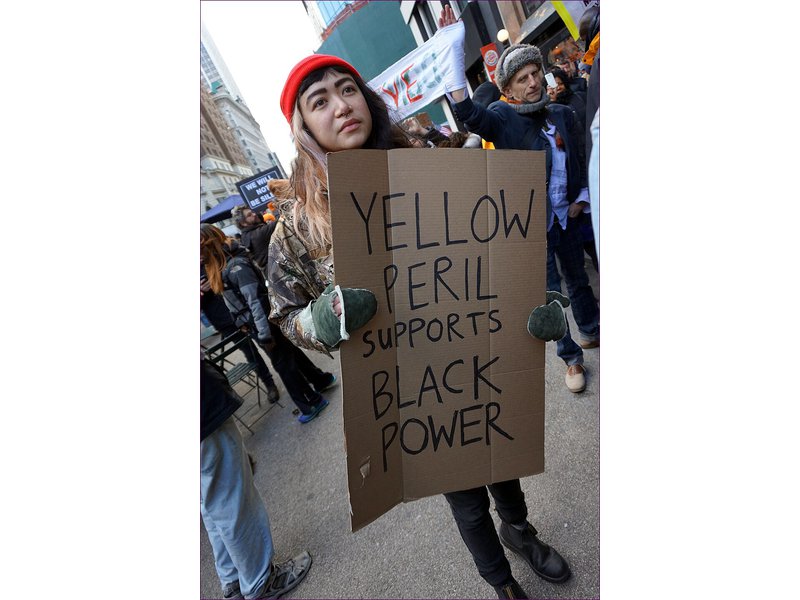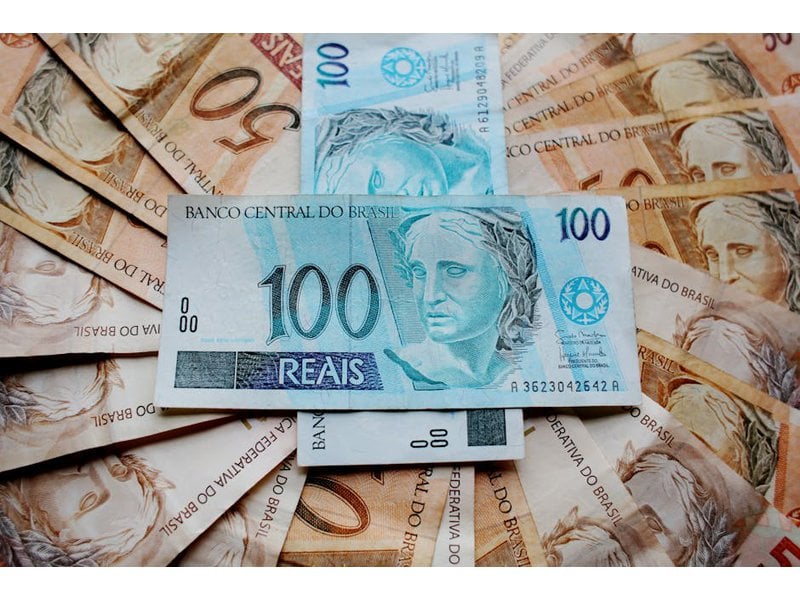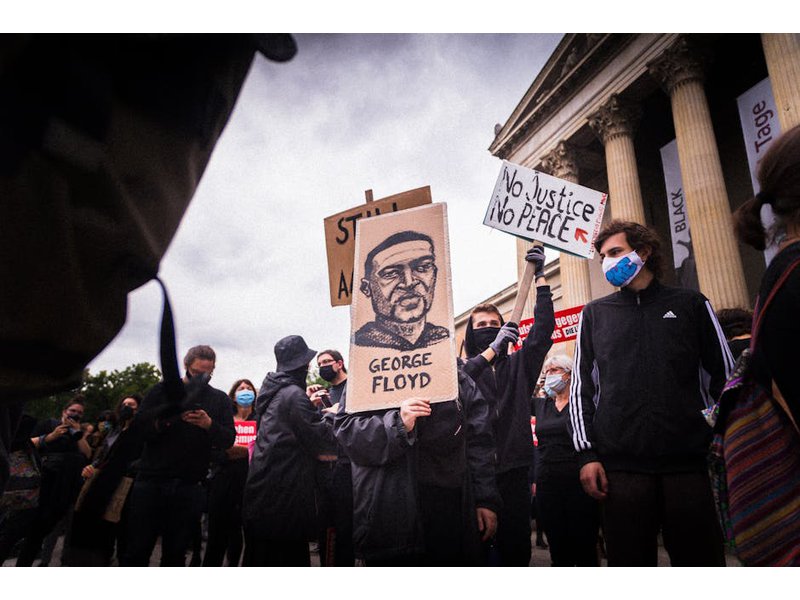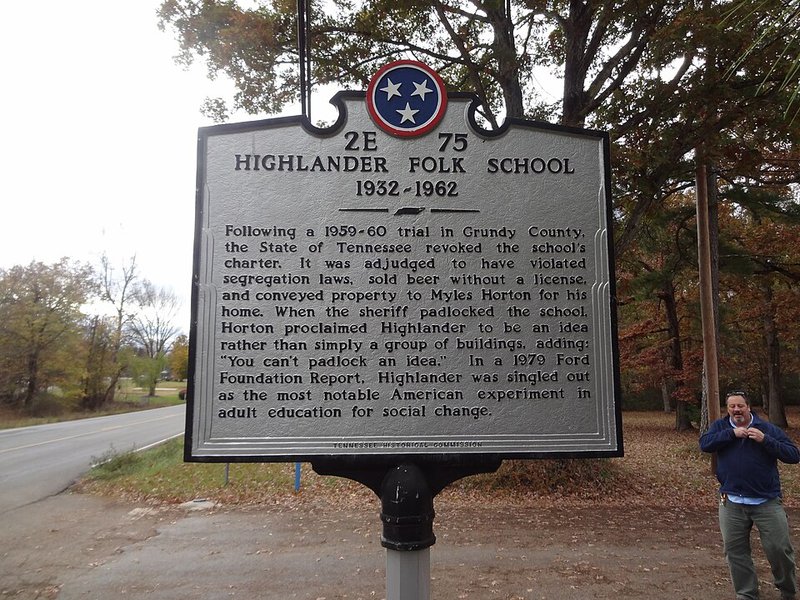071 consumers boycott

"The consumers’ boycott involves a refusal by consumers to purchase certain goods or services. There may be many reasons for such a boycott: 1) the price may be regarded as too high; 2) the item may not be available to all persons and groups on equal terms; 3) the boycotted item may furnish a convenient symbolic point for expressing a wider grievance or a general discontent with the status quo; 4) the particular boycotted item may be regarded as having certain “immoral” qualities; 5) there may be objection to the conditions, especially of labor, under which the item has been produced; 6) there may be objection to the use to which the profits from such sales will be put; and 7) there may be other less noble motives, including prejudices and political differences. The motives for economic boycotts may, therefore, vary considerably in their origin, which may be economic, political, social, or cultural, or a combination of these."...
Potentially problematic matches
High scoring campaigns using this method
Historical cases from the Nonviolent Action Database that used this method
Louisville NAACP and CORE activists campaign for open accommodations, Kentucky, 1961
In the late 1950s, Louisville, Kentucky, became known as a regional leader in race relations due to the passage of peaceful school integration laws in 1956. Although laws targeting segregation had been passed, Louisville’s public accommodations conti...
International groups boycott Nestle products to end indiscriminate advertising, 1977-1984
Artificial baby milks—so called “infant formula”—became widespread commercial product during the early decades of the twentieth century. Among many companies involved, Nestlé’s was the biggest promoter, controlling more than 40% of the estimated $1.7...
Coalition of Immokalee Workers demand fair food agreement from Chipotle restaurant, 2006-2012
In 2006, the Coalition of Immokalee Workers (CIW) began what would become a 6-year campaign against Chipotle for fair food and farmworker rights. The CIW, “a membership-led farmworker organization of mostly Latino, Haitian, and Mayan Indian immigrant...
Filipinos campaign to overthrow dictator (People Power), 1983-1986
Ferdinand Marcos was elected president of the Philippines in 1965. Marcos was reelected in 1969 and when barred to run for a third term, he declared martial law and gave himself near absolute power. Marcos assumed full control of the military, dissol...
Greenpeace and Sea Shepherds force Japanese seafood company Nissui to sell stakes in whale hunting ships 2005-2006.
In 1985, the International Whaling Commission instituted a moratorium on commercial whaling, but in 1986, the Japanese government started a scientific whaling program to study whales. Many observers view the scientific whaling scheme as a way to cont...
Greenpeace calls on Timberland to stop supporting deforestation in the Amazon, 2009
On 1 June 2009, the global environmental advocacy organization Greenpeace released the findings of a 3-year undercover investigation of the Brazilian cattle industry. The report, “Slaughtering the Amazon,” traced the convoluted supply chain of leathe...
Greenpeace campaigns against dumping the Brent Spar oil rig, 1995
The Brent Spar, a 450-foot-long floating rig used as a loading buoy and storage tank for oil from the North Sea for fifteen years, was decommissioned in 1991. When Greenpeace learned of plans to dump the Brent Spar by sinking the structure in the Nor...
Greensboro, NC, students sit-in for U.S. Civil Rights, 1960
In Greensboro, North Carolina in 1960, Jim Crow laws were in widespread effect. Though the African-American Civil Rights Movement had led to some successful desegregation (notably within the school system thanks to Brown v. Board and Swann v. Charlot...
Indigenous allies in Ontario defend Lubicon Cree land against logging, Canada, 1991-98
The right to Aboriginal reserve land has been a contested issue throughout Canadian history, but perhaps one of the most disturbing violations of Aboriginal land rights is illustrated through the Lubicon Cree, a First Nations band in northern Alberta...
Lithuanians campaign for national independence, 1988-1991
Russia first occupied Lithuania and introduced a program of “Russification,” an attempt to eliminate Lithuanian language and culture in favor of Russian culture, in the mid-19th century. After 22 years of independence from Russia, the Molotov-Ribbent...
Low scoring campaigns using this method
Historical cases from the Nonviolent Action Database that used this method
The Albany Movement campaigns for full integration in Georgia (Fall 1961- Summer 1962)
Up until 1961, the extent of the civil rights movement in Albany, Georgia had been limited to small student groups refusing to obey segregation laws; however, with the arrival of a prominent civil rights group the community would be energized. Albany...
South African blacks boycott apartheid in Port Elizabeth, 1985-86
Apartheid, the legalized segregation of blacks – and other people of color – and whites, was actively employed in South Africa. Black South Africans experienced discrimination in facilities, workplaces, educational institutions, medical care, and pub...
St. Paul's College students boycott segregated Virginia movie theater, Lawrenceville, VA, 1960
St. Paul’s College is a historically African American college in Lawrenceville, a town in rural Virginia. Although Lawrenceville was a predominantly African American town, segregation laws persisted. In 1960 only 750 of the 17,000 African Americans i...
British printers strike for their jobs, unions (Wapping Dispute), 1986-1987
By 1986, Australian Rupert Murdoch was already well on his way to becoming the head of what would be the world’s largest news conglomerate, News International. His meteoric rise to the top, however, clashed with a centuries-old printing tradition in ...
Manchester workers campaign for economic equality and political representation (Peterloo Massacre), 1817-1820
The economic plight of the people of Manchester in the early eighteenth century was rooted in three major historical developments: the Industrial Revolution, the Napoleonic Wars, and the Corn Laws of 1804. The first solidified an enormous and conspic...
Orangeburg County, South Carolina, citizens and students boycott for U.S. Civil Rights, 1955-1956
After the 1954 Brown v. Board of Education Supreme Court decision, groups of whites advocating for continued segregation formed across the southern United States. The strongest and most notable were white citizens councils (WCCs), which began in Miss...
Palestinians wage nonviolent campaign during First Intifada, 1987-1988
EDITOR'S NOTE: Regarding the First Intifada as "nonviolent" is controversial because of the violence that accompanied the campaign. Aden Tedla's narrative does not try to hide the violent dimension. Three considerations lead us to include the case in...
Tallahassee, Florida, students sit-in for U.S. Civil Rights, 1960
Prior to the Tallahassee student sit-ins of 1960, the Tallahassee Bus Boycott took place in 1956, patterned after the Montgomery Bus Boycott that started with the refusal of Rosa Parks to surrender her bus seat to a white person. Tallahassee was some...
Pakistanis in Sindhi struggle for democracy, 1981-1984
In July 1977 Z.A Bhutto, the democratically elected president of Pakistan, was removed from power by the Pakistani military, which was at that point under the control of General Muhammad Zia-ul Haq. General Zia promised to hold an election within nin...





